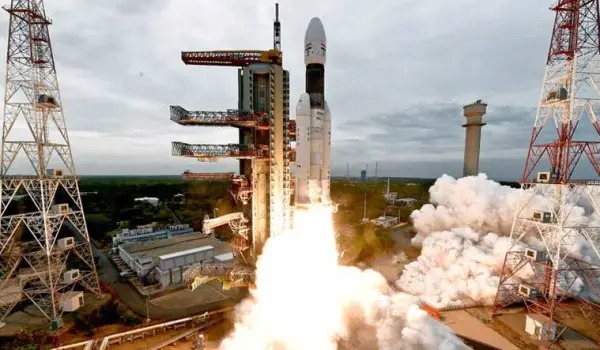From a fledgling in the Space domain during the 1960s-70s, India has come a long way to become a leading nation in the global space sector. Especially in the last few years, a massive push has been given by the Government for creating a comprehensive ecosystem to bring the private sector to the forefront of growth of the Indian Space Sector.
The Government of India unleashed reforms in the Space domain in 2020, opening the doors for enhanced participation of private players in the Indian space programme and playing key roles to boost India’s market share in the Global Space Economy, while providing them a level playing field.
The Indian Space Policy – 2023 has thus been formulated as an overarching, composite and dynamic framework to implement the Government’s reform vision. The vision comprises augmenting space capabilities so as to enable and develop a flourishing commercial presence in Space.
In 2019, the New Space India Limited (NSIL) was incorporated as a wholly owned Government of India Public Sector Enterprise (CPSE) under the administrative control of the Department of Space (DOS). It aims to enable the Indian Space Industry to scale up a high-technology manufacturing base for the space programme. This, in turn, would aid them in commercially exploiting the products and services emanating from the Indian Space Programme for meeting the domestic and global customer needs.
The Indian National Space Promotion and Authorisation Centre (IN-SPACe) was inaugurated by the Prime Minister in June 2022. It was established with an aim to put in place a stable and predictable regulatory framework to provide a level playing field to Non-Government Entities (NGEs) in the Space sector. It would further create an eco-system of industry, academia and start-ups so as to attract major share in the global space economy.
Prominent instances of enhanced participation of industries in Indian Space sector include successful launch of Vikram-S (Prarambh mission), a suborbital launch vehicle from M/s Skyroot Aerospace Pvt. Ltd., Hyderabad, on 18th November 2022.
The first private launchpad & mission control center was established by M/s Agnikul Cosmos Pvt. Ltd., Chennai in ISRO campus at Satish Dhawan Space Centre, Sriharikota on 25th November 2022. Agnilet Semi-cryogenic rocket engine developed by Agnikul was successfully hot tested at ISRO facility on 4th November 2022.
Two nano-satellites from Indian space start-up M/s DhruvaSpace were launched as a rideshare passenger in PSLV-C54 mission. Gen-1 satellites from M/s OneWeb was launched using LVM3 (GSLV Mk-III).
HAL and L&T consortia will be Indian Industry partner for end-to-end production of 5 PSLVs, with a contract value of Rs. 824 crores.
Going forward, NSIL has signed 19 Technology Transfer Agreements and has successfully transferred 8 ISRO developed Technologies to Indian Industry. The move would promote an increased participation of the private sector in the ecosystem of space economy, while aiding the creation of infrastructure on ground and in space.
Opening-up of the India Space Sector: Touching New Horizons
0
Related Posts
Leave a Reply Cancel reply
শাখাসমূহ
- 1Win AZ Casino
- 1Win Brasil
- 1win Brazil
- 1win India
- 1WIN Official In Russia
- 1win Turkiye
- 1xbet Russian
- blog
- Casino
- Exclusive
- H8 Explainer
- H8 Fact Check
- Mostbet Casino Azerbaycan
- News
- others
- pin up casino
- Pin UP Casino AZ
- Pin Up Peru
- Uncategorized
- казино
- অসম
- আন্তৰ্জাতিক
- উত্তৰ পূৰ্বাঞ্চল
- ক্ৰাইম
- ক্ৰীড়া
- খাদ্যাভাস
- গুৱাহাটী
- চাকৰি
- জীৱনশৈলী
- দৈনিক ৰাশিফল
- নিউজ বুলেটিন
- প্রবন্ধ
- প্ৰযুক্তি
- ফটো
- ফেশ্বন
- বিবিধ
- ব্যৱসায়
- ভিডিঅ’
- মনোৰঞ্জন
- ৰাজনীতি
- ৰাষ্ট্ৰীয়
- শিক্ষা
- সংবাদ
- সংস্কৃতি
- সাহিত্য
- স্বাস্থ্য
আমাৰ ঠিকনা
এছ কে হাজৰিকা কলেজ বিল্ডিং, দ্বিতীয় মহলা, শ্ৰী নগৰ
আৰ জি বৰুৱা ৰোড, গুৱাহাটী, অসম- ৭৮১০২৪
© 2021 All Rights Reserved | Headline8










